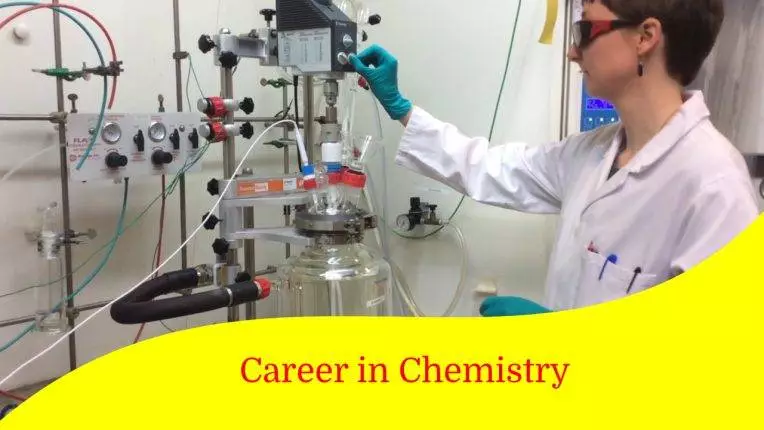What is Chemistry?
Chemistry is one of the scientific disciplines consisting of a study of Matter, its properties, composition, and reactivity with different elements. Do you know what Chemistry teaches you? First, it teaches you about Matter. The matter is something that has mass and takes space. Everything which is physically present around us is developed from Matter. For example, books, furniture, and even our body are made up of Matter. The basic concept that chemistry has developed is about the foundation of Matter, starting from atoms, molecules, and compounds.
If we talk about the scope of the Chemistry subject, it somewhere lies at the center position among the various other branches of science. Chemistry is the foundation for all other science branches; it lets you understand scientific disciplines’ basics at a fundamental level. Check out the below picture and figure out the mutual relationship between Chemistry and other science branches and how Chemistry emphasizes its significance.
Are you interested to take off your career in Chemistry? If yes, this article is dedicated to you! This subject will give you wings to fly and will give the dream job, which you must be waiting for?

Chemistry Eligibility & Entrance Exams
Colleges in India providing Chemistry courses have different selection procedures and eligibility criteria for admission to the UG, PG and PhD course. However, check out the eligibility guidelines below, which will surely help you candidates in your admission.

| Eligibility Criteria for under-graduate course
Those candidates who have completed their 12th class with 50% marks from a recognized university are eligible to secure admission to the UG Chemistry courses. |
| Eligibility Criteria for PG courses in Chemistry
Candidates looking for admission to the Chemistry PG courses must have graduated in the science field with almost 50-60% marks from a recognised university. |
| Eligibility Criteria for PhD courses in Chemistry
Candidates seeking admission to the doctoral courses must have done their post-graduation from a reputed college with atleast 60% marks. |
Some of the popular entrance exams are:
| JMI Entrance Test | IIT JAM |
| NEST | BHU PET/ BHU UET |
Chemistry Specialisations
| Biochemistry | Chemical Engineering |
| Geochemistry | Environmental scoience |
| Chemicalphysics | Forensic |
| Pharmacy | Food technology |
| Agricultural chemistry | Pharmacology |
Chemistry Subjects & Syllabus
The syllabus and subjects for the Chemistry courses are different for different institutions. Check out below the UG and PG level chemistry courses.
For Undergraduate courses, syllabus is as follows :
BSc Chemistry Course Curriculum
|
Inorganic Chemistry |
| Atomic Structure | Chemistry of Noble Casses |
| Periodic Properties | s-Block Elements |
| Chemical Bonding | p-Block Elements |
|
Organic Chemistry |
| Structure and Bonding | Alkenes, Cycloalkenes, dienes and Alkynes |
| Mechanism of Organic reactions | Mechnism of Organic Reactions |
| Alkanes and Cycoalkanes | Stereochemistry of Orgnaic Compounds |
|
Physical Chemistry |
| Mathematical Concepts | Gaeous States |
| Chemical kinetics and Catalysis | Liquid State |
| Solid states | Colloidal States |
Chemistry syllabus and subjects for PG courses
|
MSc Chemistry Course Curriculum |
| Organic Chemistry | Inorganic Chemistry |
| Analytical Chemistry | Physical Chemistry |
| Organic Reactions Mechanism | Inorganic Reaction Mechanism and Organomettalics |
| Principles of Spectroscopy | Organic synthetic Methods |
| Chemistry of Materials | Nuclear & Radiochemistry |
| Macromolecules | Organic Synthetic Methods |
| Advanced Chemical Kinetics and Electrochemistry | Group Theory and Spectroscopy |
| Concepts in Organic synthesis | Classical and Statistical Thermodynamics |
Chemistry Job Profiles
An essential Chemistry degree will allow students to develop excellent skills in the laboratory. Still, fortunately, this subject overlaps with different specialisations in varied subjects like medicine, physics, engineering and geosciences. Check out the following job profiles.
| Job Profile | Description |
| Biotechnologist | Here, in this field, your job responsibilities are to study the chemical, genetic and physical attributes of cells, tissues and organisms. |
| Analytical Chemist | This job profile demands responsibilities, like, investigation of the chemical nature of the substances. |
| Chemical Engineer | This job profile responsibilities are as follows:
Focussing on changing the physical, biochemical and chemical state of a substance. Developing and designing a varied range of a product. |
| Healthcare scientist | Here, your job is to analyse the patients by taking their samples, diagnosing their problems, and doing the proper treatment. |
| Forensic Scientist | This job profile lets you work by providing scientific evidence in the court for further court proceedings. |
| Nanotechnologist | Your work in this job profile is to develop new equipment and product by using nanoscale technology. |
| Pharmacologist | The work of an aspirant is to understand which medicine is good for which treatment. |
| Research scientist | This job profile demands a candidate who can study non-living systems and how it works in the physical world. |
Scope of Chemistry
The graduates in Chemistry can do wonders in their profession! There is broad scope in this field, and you can enter different sectors, including roles in chemical-related industries, chemical engineering, healthcare and more. You can even work as a lecturer in a university and research with teaching: in a pharmaceutical company. Even start your career as a Chemistry expert, including the discovery of new vaccines and medicines.
If you think a chemistry career only lands you in a laboratory! Then you are wrong, my friend; this field will drop you in different opportunities! Where you can explore your talent and nourish your skills. So if you are ready to take Chemistry as your Career, you will surely get immense benefits and opportunities.

